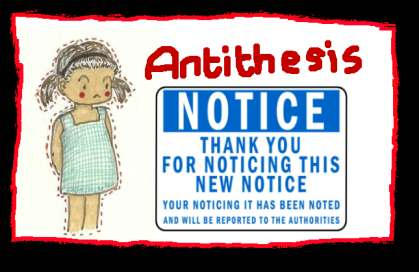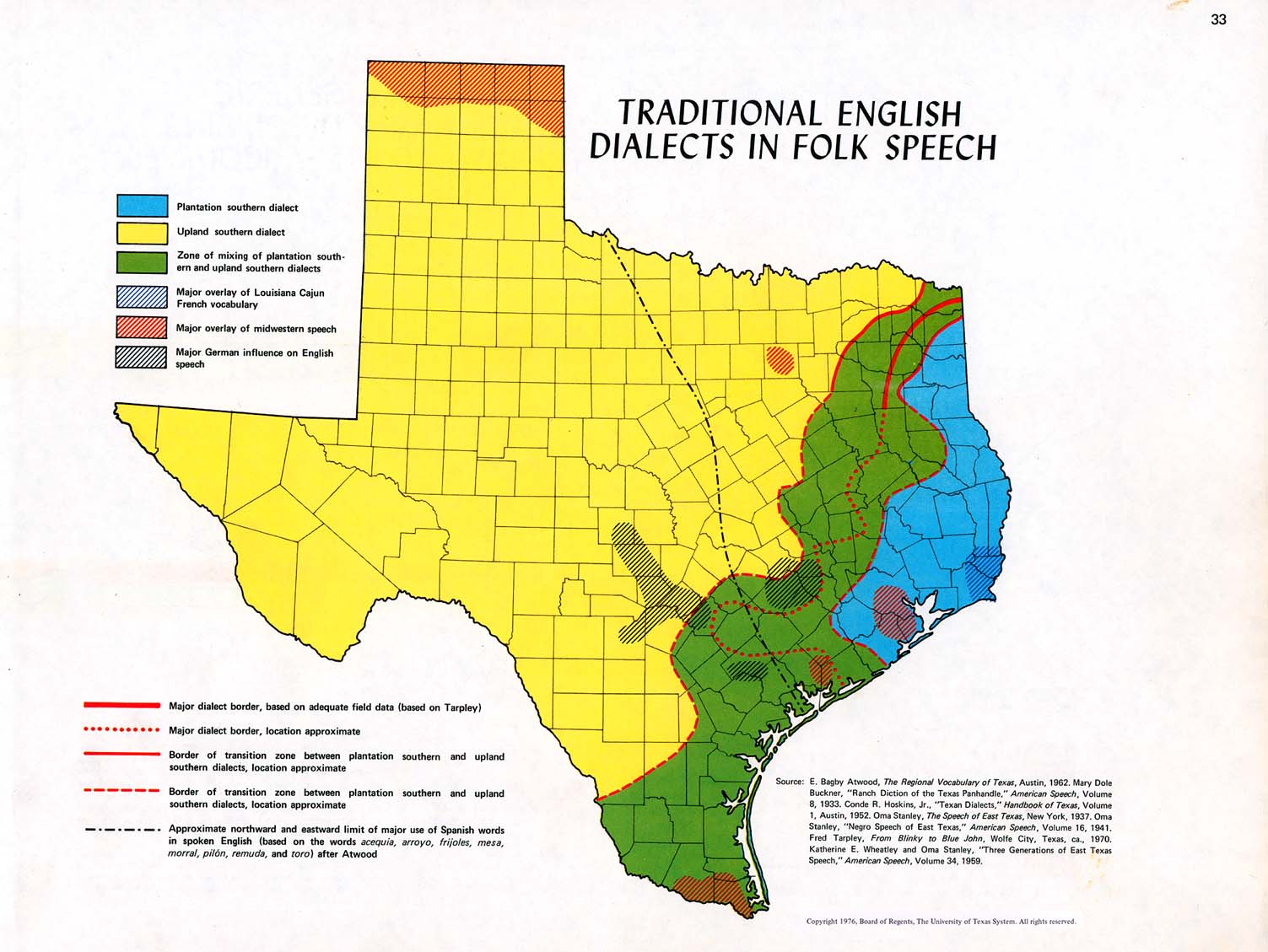
7.ANAPHORA: The repetition of a word or phrase at the beginning of successive clauses.

8.ANECDOTE: A short and amusing or interesting story about a real incident or person.

9.ANTAGONIST:A person who actively opposes or is hostile to someone or something; an adversary

10.ANTITHESIS: contrary ideas expressed in a balanced sentence. It is the juxtaposition of two words, phrases, clauses, or sentences contrasted or opposed in meaning in such a way as to give emphasis to their contrasting ideas and give the effect of balance. This is a device often used in rhetoric.

11.APHORISM: A pithy observation that contains a general truth.
12.APOLOGIA:
|

13.APOSTROPHE: An exclamatory passage in a speech or poem addressed to a person (typically one who is dead or absent)

14.ARGUMENT(ATION):
|

15.ASSUMPTION: A thing that is accepted as true or as certain to happen, without proof: "they made certain assumptions about the market".




16.AUDIENCE: The assembled spectators or listeners at a public event, such as a play, movie, concert, etc.

17.CHARACTERIZATION: The means by which an author reveals their character

18.CHIASMUS:
A verbal pattern in which the second half of an expression is balanced against the first but with the parts reversed.  19.CIRCUMLOCUTION:
19.CIRCUMLOCUTION:The use of many words where fewer would do, esp. in a deliberate attempt to be vague or evasive. 
- 20.CLASSICISM: The following of ancient Greek or Roman principles and style in art and literature

- 21.CLICHE: a phrase or situation overused within society.

- 22.CLIMAX:
The most intense, exciting, or important point of something; a culmination or apex. 
23. COLLOQUIALISM: Slang words or informal way of speech

24.COMEDY:
|

25.CONFLICT: Struggle or problem in a story causing tension

26.CONNOTATIONAn idea or feeling that a word invokes for a person in addition to its literal or primary meaning

27.CONTRAST: where one item is thrown at another to prove clarity

28.DENOTATION: Plain dictionary definition

29. DENOUEMENT:The final part of a play, movie, or narrative in which the strands of the plot are drawn together and matters are resolved.

30. DIALECT:language or certain people distinguishing them from others.

No comments:
Post a Comment